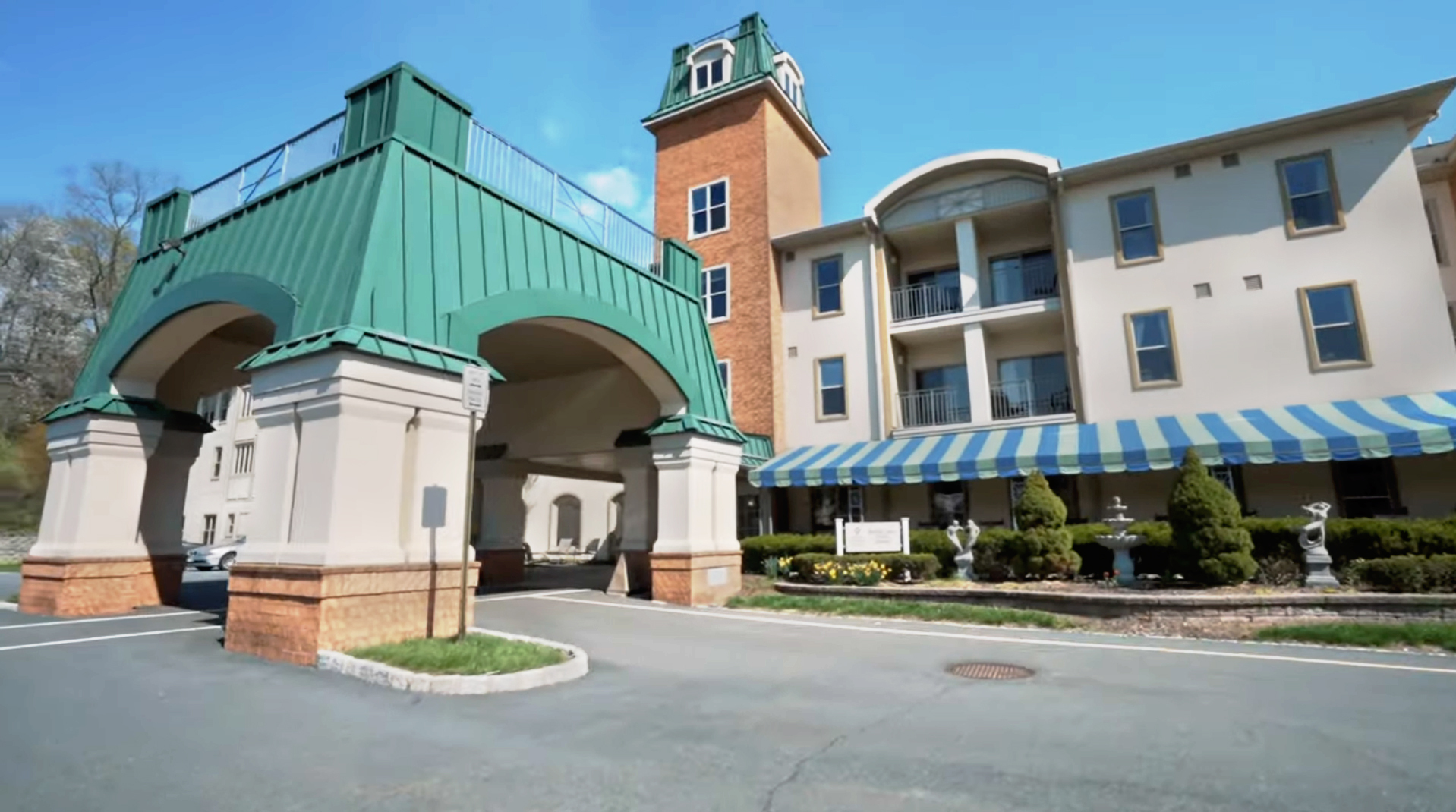
A Place to Call Home
Welcome to Bristol Glen - A Life Plan Community in Sussex County, New Jersey
Discover a vibrant lifestyle rooted in purpose, connection, and peace of mind. Nestled on a scenic, wooded campus, Bristol Glen offers a continuum of care and a community designed to support every chapter of your journey.
Here, you’ll find more than senior living - you’ll find a place to thrive. Enjoy personalized wellness programs, enriching activities, and the security of knowing your future is supported with thoughtful care options.
Whether you're embracing new passions or simply savoring the beauty of each day, Bristol Glen is where your abundant life continues to grow.
Community Life
Daily life at Bristol Glen reflects our deep commitment to connection, comfort, and choice.

Amenities
From walking trails and garden areas to cozy lounges and wellness spaces, every amenity at Bristol Glen is designed to support independence and enjoyment.

Dining and Menus
Our chefs prepare flavorful, nourishing meals with care – served in warm, inviting dining areas that bring our residents together.

Events and Activities
Stay active and engaged with daily opportunities for fitness, creativity, education, and spiritual growth.
Living Options
Bristol Glen offers flexible, supportive living arrangements tailored to individual preferences and care levels.

Assisted Living
Support with daily needs like dressing, bathing, and medication provided in a safe, respectful environment.

Independent Living
Maintenance-free apartments with access to enriching programs, dining, and community services.

Memory Care
Specialized memory care designed to comfort, guide, and uplift residents.
What’s Our Community Saying?
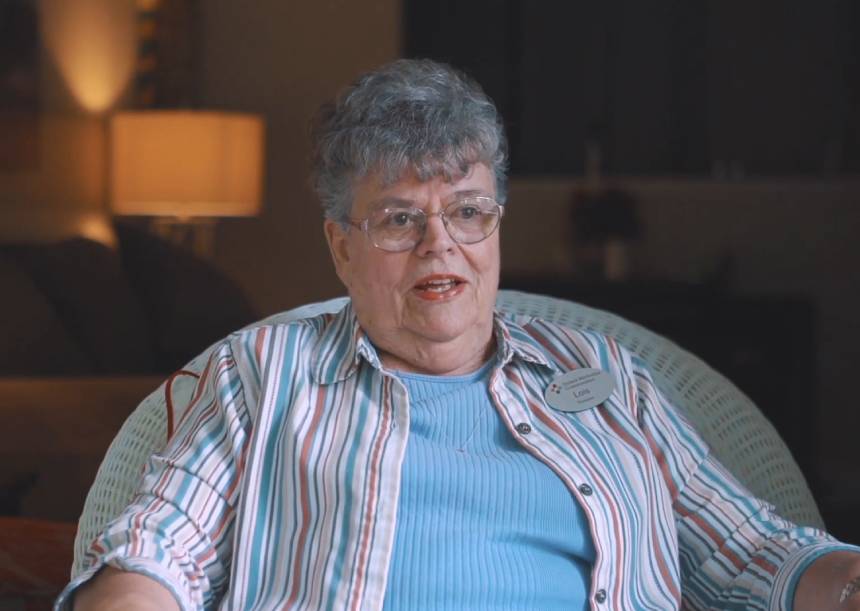
Lois M.
"You are able to do anything you want to do. I have a car, I go shopping by myself, go see my children and grandchildren. You have a life of your own, and I like that independence."

Ray F.
"When you get older, you can't do the things you did before. Of course here everything is taken care of. I'm relieved of all the duties I had when I owned a house."
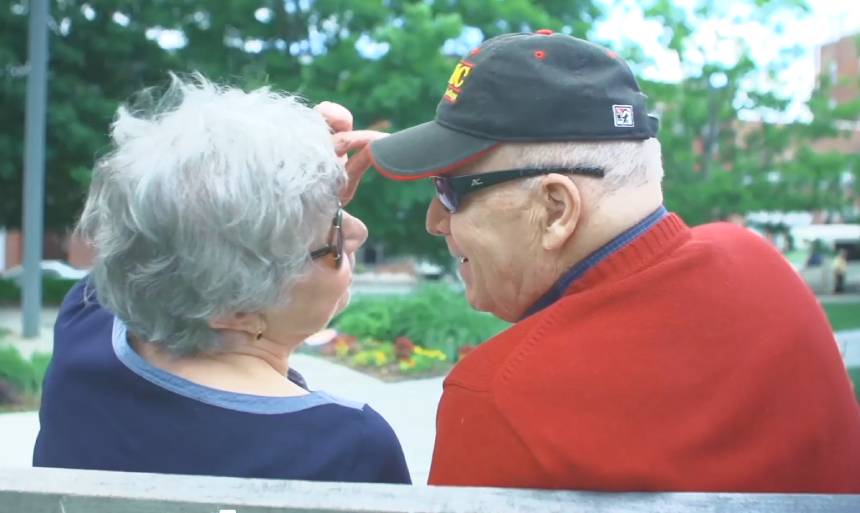
Harriet and Robert
"The people who work here are very, very helpful. Knowing that there are people around who care, and I can ask for help if I need it. They spend a lot of time to ensure everyone is comfortable."
View the Bristol Glen Gallery
Explore life at Bristol Glen through images of our residences, community areas, and outdoor spaces.
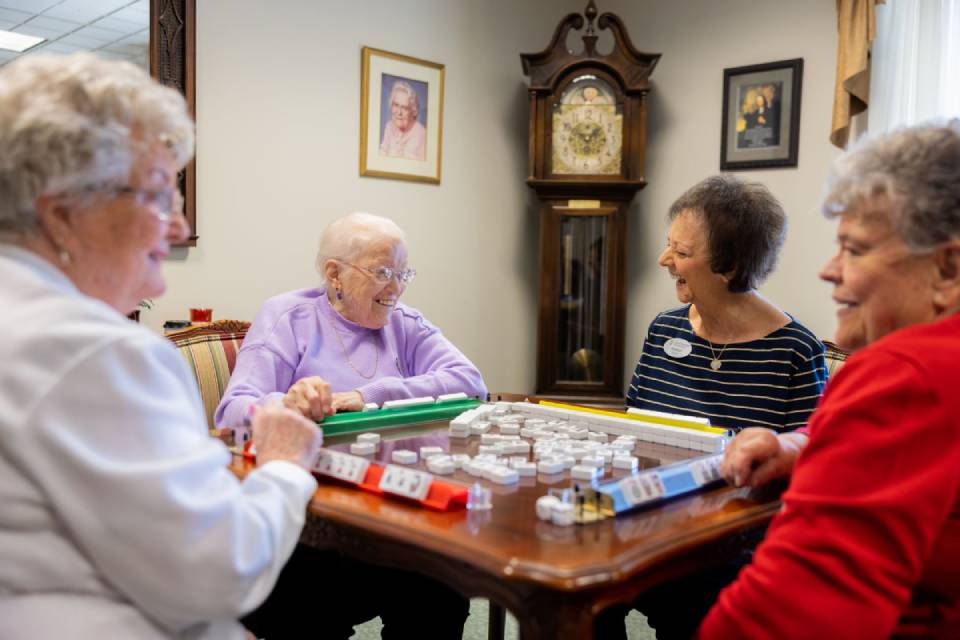
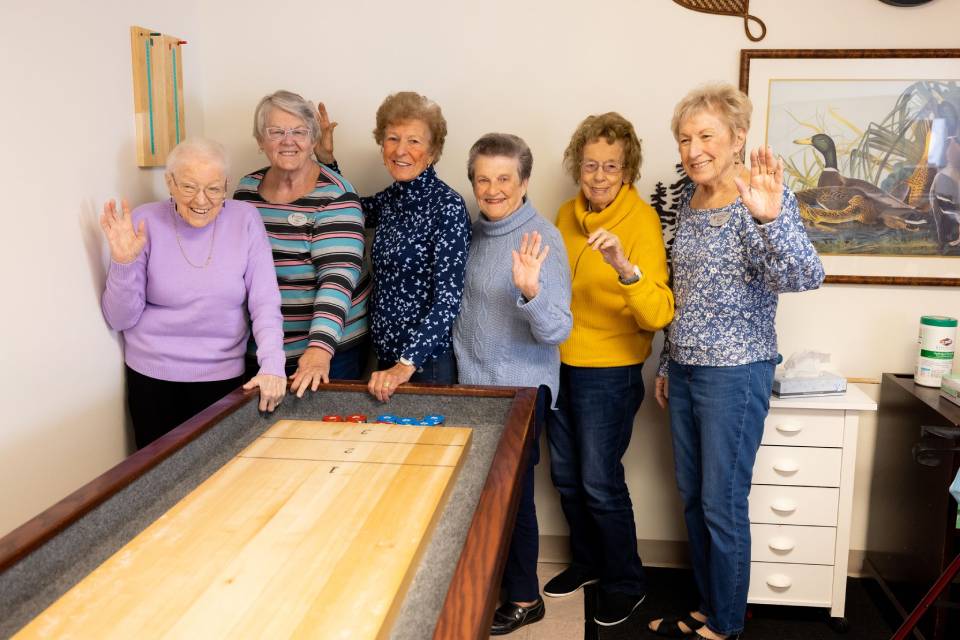

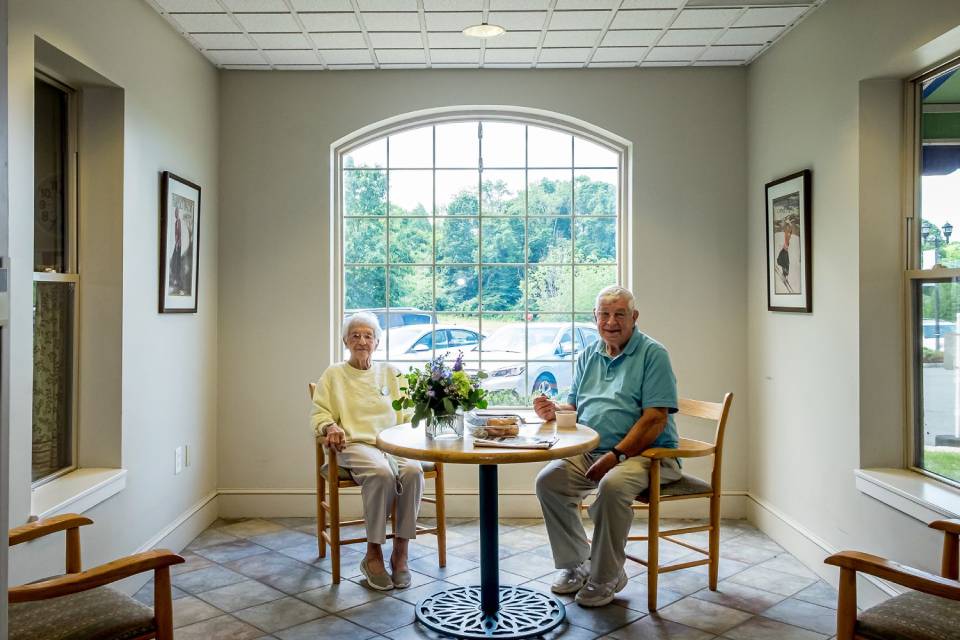

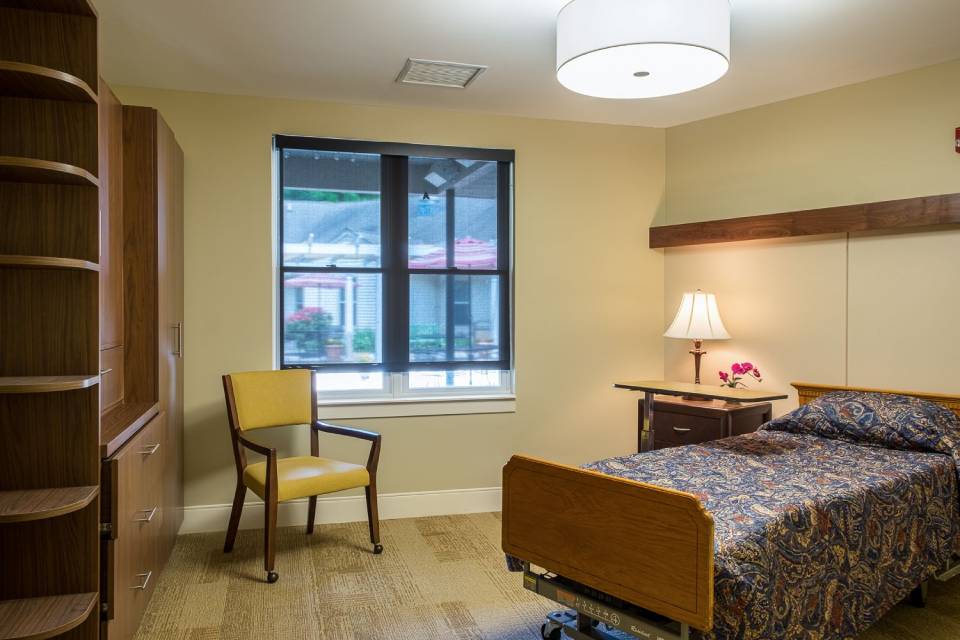

Floor Plans
Choose from a variety of floor plans designed for privacy, comfort, and accessibility. Every space is crafted with cozy living in mind.
View floor plans
About Bristol Glen
Located in Newton, NJ, and surrounded by 74 wooded acres, Bristol Glen offers senior living guided by nonprofit values and more than a century of trusted service.
Learn MoreCome and Visit Us
We invite you to tour our campus, meet our team, and see firsthand what makes Bristol Glen such a special place to call home.
Bristol Glen

973-300-5788

200 Bristol Glen Drive.
Newton, NJ 07860

